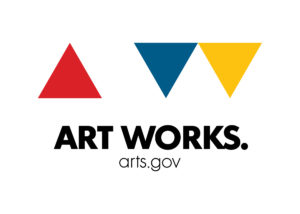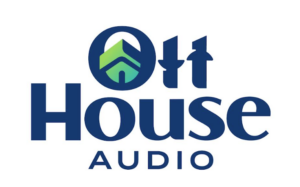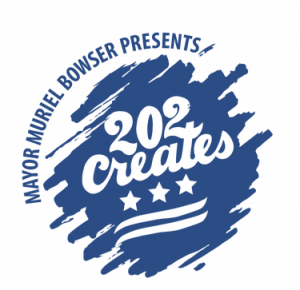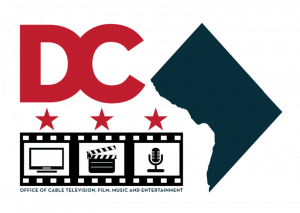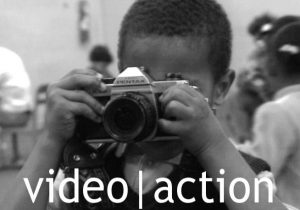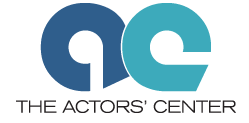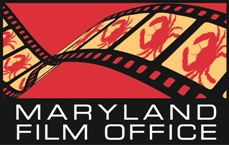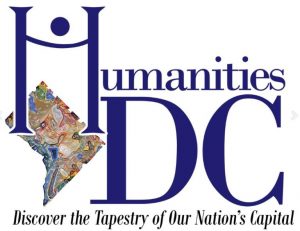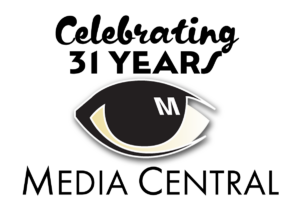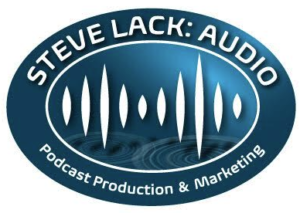WIFTI Summit 2012
University of California Washington in Washington, DC
Friday, Nov. 30 – 9:00 AM
Writer: Lynn Hughes, Producer, Pidge Productions

Peter Hamilton, industry consultant and author of the blog DocumentaryTelevision.com, launched the 2012 WIFTI Summit with a look at The Business of Factual Television. Key to working in the factual, or non-fiction, world is understanding the commissioning process. To many people new to the industry, the business of selling an idea feels vertical. You take an idea to a commissioning executive at a cable channel, give it up to the network gods and pray that they buy your idea. In reality, the process is much more interactive. “Producers are part of a larger, cyclical process and you need to understand that,” Peter emphasized.Programs are commissioned, put onto a schedule and the goal for the network is to do the following: get good ratings, hit the right demos, deliver click-throughs online and build their brand. Sometimes they’ll take a show that just reaches one of these goals, but they’re really looking for shows that hit them all. The network commissioning cycle is data driven… every network has its goal, they all have specific revenue streams that tie into their goals. And they’re looking for programming to boost those revenue streams. When pitching to channel, a producer needs to know what the network’s programming preferences are, how the channel is scheduled, who their audience is. Peter recommends that you go out and find the info… it’s out there. Good points of reference are the network’s own website and industry sites like his. The worst thing you can do is go into a network with an idea that isn’t even close to what they’re programming. Watch the channel, get to know their website. Make sure you’re pitching the Discovery of today, not of 1984. The non-fiction television has grown exponentially, from the mid-80s, when the industry was about $100M, it’s now a $30BN market. Non-fiction programming is now completely driven by the cable/satellite networks. Education and theatrical have become small slivers of the market. Discovery and A&E are the largest consumers of programming, spending about $1B year across their various channels. And the opportunities for non-fiction are expanding – The Weather Channel, sports channels (like ESPN and Fox) are now buying non-fiction programs, and many other niche channels are emerging. Even MSNBC and CNN are commissioning docs. The key to success in this market is to learn as much as possible about who is commissioning and get out and meet them. Currently, there are 3 tiers of programs in non-fiction TV:
- Premium or Blue-chip documentaries (smallest piece of the pyramid – budgets of $400K – $1M per hour and up); one-offs, features, epic specials
- Character Driven series (ie, PAWN STARS — $250-400K per hour); repeatable series
- Popular Formats (lifestyle, cooking, competition — $100-250K); repeatable series
The largest growth is happening in character driven programs. More networks are shifting to these types of series. Networks want entertainment rather than information. Commission execs aren’t saying, “How much information is there in your program?” They’re saying, “How compelling are the characters?” They’re looking for comedic stories like A&E’s “DUCK DYNASTY.” And American audiences love Americana. Given all of the above… what’s the bottom line? In production deals, there are three models of funding – acquisition, co-pro, commission. Acquisitions are the least common amongst bigger cable nets and the pay out is very small. Co-productions are more common, but networks rarely pay more than 2/3 of the production costs. You’ll retain some rights, but you’ll have to finance that deficit. Commissions are the most common funding models. Channels pay for the full program but it owns all rights. If you’re looking to make up the balance on a co-pro, there are options, most notably the international market. The international market has greater interest in Premium/Blue Chip projects, and that’s often how production companies tend to get partial funding for their docs. Secondary are Human Interest series, which can leverage and adapt the format, but not the content (ie Americana doesn’t sell outside the US, but the character driven stories can). One of the most striking changes to the industry lies in the shifting location of US Cable Producers. Twenty years ago, production companies supplying the cable industry were based primarily in DC and NY, as this is the home of Discovery, NGEO and PBS. As programming has moved into character driven content, networks are relying more and more on bigger entertainment-based production companies for their content. Today, more than half of the programming on cable originates with LA producers. For producers starting out, your best shot is “marrying up.” Find a production company that delivers programming to the network you feel is a fit for your idea and get them to bring you on board. You will have to give up a degree of control, but you have a better chance of getting your idea on the air. Peter’s closing advice for producers, “You want to get ahead? Rule number one is to go to markets and network.” Visit our website for information on the WIFTI Summit. You can see more of Peter’s research here.
About the Writer
Lynn Hughes, Producer, Pidge Productions
It can be said, without a doubt, that Lynn’s taste in movies are questionable, given her inability to pass up any romantic comedy. But this certainly hasn’t impacted her abilities as a producer. A converted thespian, Lynn once shamelessly convinced an executive at BET that her experience as a classically trained musician uniquely qualified her to produce their daily hit series Rap City. Her eclectic mix of positions includes being President and Owner of a seafood distribution company, a Writer/Director/Producer for several cable networks, and Co-Owner of an educational media and outreach company with Academy Award winner Richard Dreyfuss. You can usually find her cycling near her home outside of Washington, DC.
Like us on Facebook https://www.facebook.com/WIFVDC
Follow us on Twitter: https://www.twitter.com/WIFV_DC
Follow our Blog: http://wiftisummit.wordpress.com


